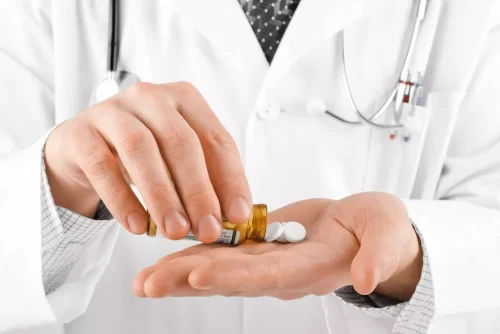
Check out our blog posts and resource links for the latest information on substance abuse. If you or a loved one is experiencing addiction in Massachusetts, our professional clinicians can help. Counteracting the effects of the AVE is necessary to support long-term recovery from addiction.
Cognitive Dissonance
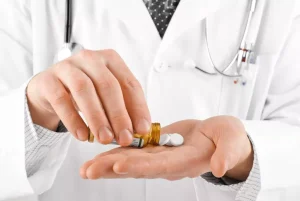
When experiencing AVE, individuals tend to internalize their lapse as a personal weakness which diminishes their self esteem. The negative internalization escalates into beliefs such as being unable to control their behaviors and that their efforts were for nothing. At https://ecosoberhouse.com/ this point, the individual is likely in a vulnerable state, triggering the desire to use or engage in the behavior again. The combination of these negative emotions and beliefs can further exacerbate the degree of the lapse and derail from their recovery process.
- Mental relapse is characterized by thoughts of using drugs or alcohol again.
- The AVE describes the negative emotional response that often accompanies a failure to maintain abstinence from drugs or alcohol.
- A person with alcohol use disorder (AUD) may feel like drinking when out with friends at their favorite hangout, for example.
- Recovery patients often experience drug cravings when they go through stress.
- The relationship between self-efficacy and relapse is possibly bidirectional, meaning that individuals who are more successful report greater self-efficacy and individuals who have lapsed report lower self-efficacy4.
Abstinence Violation Effect & Relapse Prevention
It is not necessarily a alcoholism symptoms failure of self-control nor a permanent failure to abstain from using a substance of abuse. Those in addiction treatment or contemplating treatment can benefit from this aspect of relapse prevention. The AVE occurs when the person attributes the cause of the initial lapse (the first violation of abstinence) to internal, stable, and global factors within (e.g., lack of willpower or the underlying addiction or disease).
Relationship between goal choice and treatment outcomes
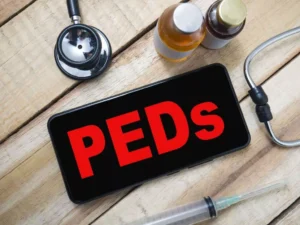
Recovery patients often experience drug cravings when they go through stress. By providing comprehensive care, our treatment programs create a supportive environment in which our clients can build a solid foundation for lasting sobriety. Learning healthy coping mechanisms can help you manage stress, cravings, and triggers without resorting to substance use.
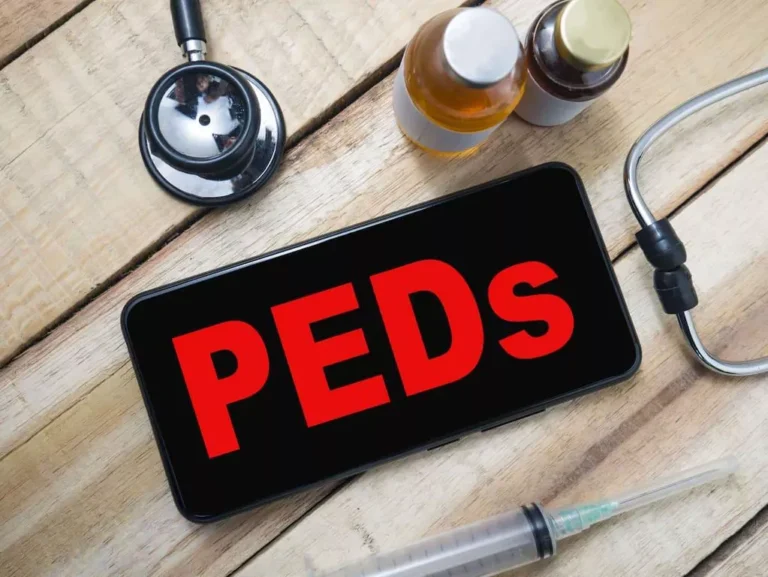
But you may have the thought that you need the drug or alcohol to help get you through the tough situation. Unconscious cravings may turn into the conscious thought that it is the only way you can cope with your current situation. Altogether, these thoughts and attributions are frequently driven by strong feelings of personal failure, defeat, and shame. These negative emotions are, unfortunately, often temporarily placated by a renewed pattern of substance abuse. Substance use recovery programs should refrain from defining a mere slip as a total failure of abstinence. Instead, they should promote the notion that slips should be addressed immediately and that individuals can learn from them and improve.
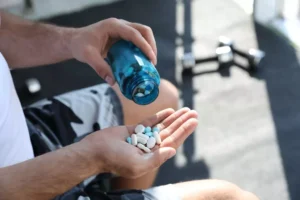
- Moreover, people who have coped successfully with high-risk situations are assumed to experience a heightened sense of self-efficacy4.
- It can lead to a significant loss of motivation and confidence in their ability to maintain their recovery.
- This aspect of relapse prevention can be beneficial to those in addiction treatment or contemplating treatment since it is not necessarily a failure to exercise self-control or abstain from using a substance of abuse.
- It has also been used to advocate for managed alcohol and housing first programs, which represent a harm reduction approach to high-risk drinking among people with severe AUD (Collins et al., 2012; Ivsins et al., 2019).
These patterns of thinking are extremely common, and they keep us working against ourselves. The need to be a perfect version of ourselves once we hit the “reset” button is a toxic and falsely hopeful outlook on life. We celebrate each other going on ridiculous and unsustainable diets at the beginning of the year, yet think nothing of it in February when any and all signs of healthy eating are gone. Instead of seeking the glamor that comes with full, abrupt transformations of ourselves, we should champion the achievement of smaller goals that it takes to actually sustain a healthy lifestyle. He lost his license due to drinking and driving, and as a condition of his probation, he was required to attend Alcoholics Anonymous meetings. Many organizations, such as 12-Step programs like Alcoholics Anonymous, will often point to the notion that even thinking about using alcohol again represents a potential sign of a relapse.
- A period of successful recovery and abstinence is something to be celebrated.
- It was written based on peer-reviewed medical research, reviewed by medical and/or clinical experts, and provides objective information on the disease and treatment of addiction (substance use disorders).
- Twelve-month relapse rates following alcohol or drug cessation attempts can range from 60 to 90 percent, and the AVE can contribute to extended relapses.
- While this might seem counterintuitive, it is a common thought that many people need to recognize if they want to avoid a relapse.
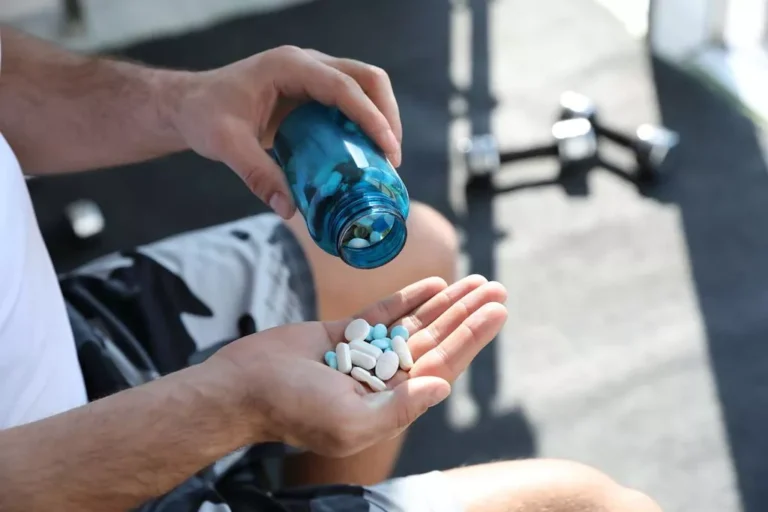
Addressing the AVE in the context of addiction treatment involves helping people develop healthier coping strategies and challenging negative beliefs that contribute to addiction. Regard Healthcare offers 100% confidential substance the abstinence violation effect refers to abuse assessment and treatment placement tailored to your individual needs. This model notes that those who have the latter mindset are proactive and strive to learn from their mistakes. To do so, they adapt their coping strategies to better deal with future triggers should they arise.


